- Overview
- Symptoms & Types
- Tests & Diagnosis
- Treatment
- Living With
- Appointment Prep
- View Full Guide
Foods to Eat and Avoid When You Have Transthyretin Amyloid Cardiomyopathy (ATTR-CM)


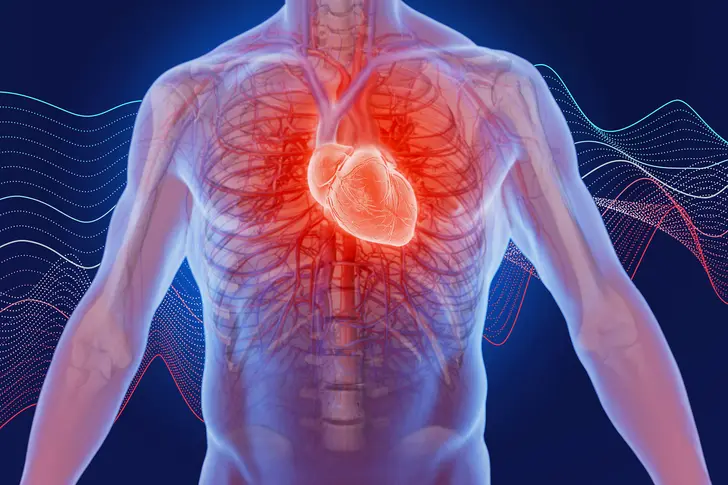
Heart-Smart Eating
With ATTR-CM, a healthy diet is an important part of your care plan to protect your heart and manage symptoms. Focus on whole grains, fresh fruits and vegetables, and lean proteins for your transthyretin amyloid cardiomyopathy diet. What not to eat counts too: Limit red meat, foods high in saturated fat, and processed foods, which are often high in salt and sugar. You might also find it easier to eat small, more frequent meals. Here are more specifics.
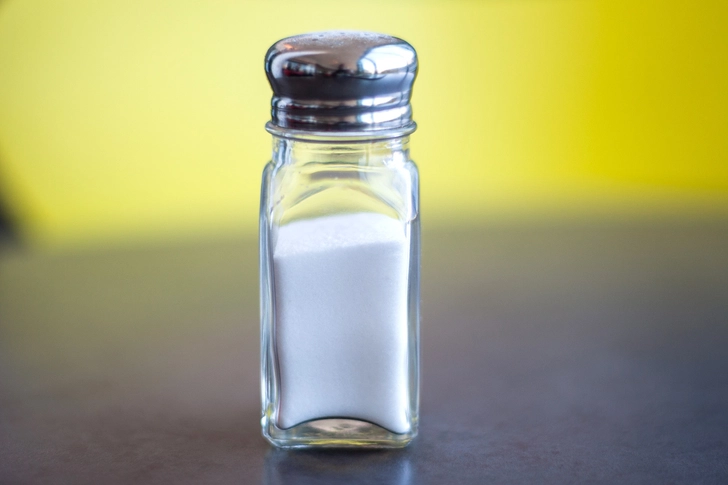
Skip the Salt
If you have swelling from fluid buildup from ATTR-CM, salt will add to the problem and the strain on your heart. Besides replacing the saltshaker with spices for flavoring meals, read labels of processed packaged foods to avoid those with sodium. Ask your heart doctor for the exact daily salt limit that’s right for you.
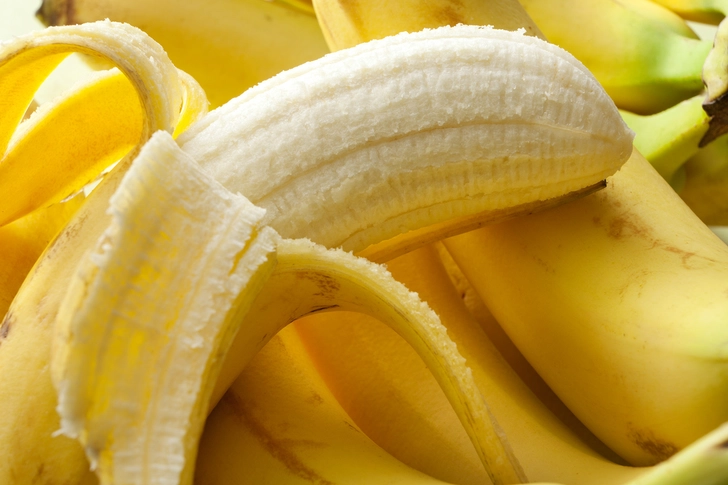
Ask About Potassium
This mineral is essential for heart, muscle, and bone health. If you’re on diuretics to ease fluid retention, you may need to eat more potassium-rich foods like dried fruits, greens, sweet potatoes, carrots, bananas, and oranges. But each person with ATTR-CM has different needs, so discuss your potassium level with your heart doctor before changing your diet.
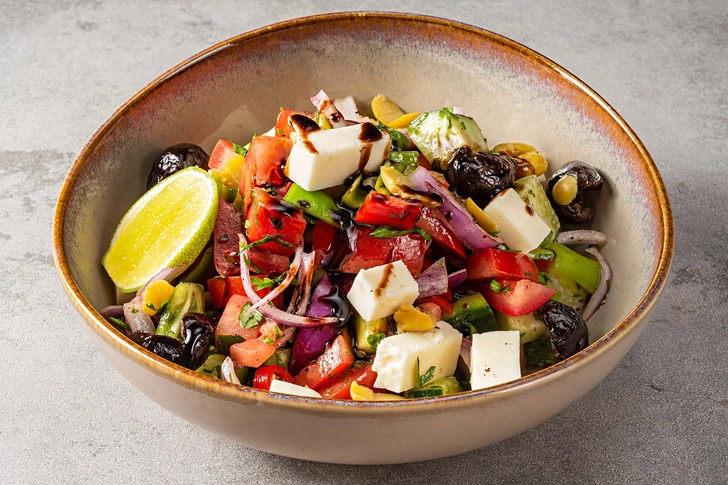
Focus on Whole Foods
These are foods that you eat in their natural state, like a piece of fruit and a fresh salad, or with the least processing, like low- or no-salt-added canned beans and whole grains. How many calories you need a day depends on your weight (and whether you need to lose any pounds) and how much exercise you get. If you’re unsure, ask for a referral to a registered dietitian who can fine-tune a diet plan for you.

Avoid Added Sugars
The empty calories of sugary foods can add up to excess weight, and excess weight taxes your heart. Limit the amount of added sugars you eat. That means cutting back on sweets, candy, and sugary drinks. Always read package labels since sugars can hide in even savory foods like crackers. Look for code words for sugar that end in "ose," like sucrose, glucose, maltose, fructose, and high-fructose corn syrup as well as other syrups and honey.
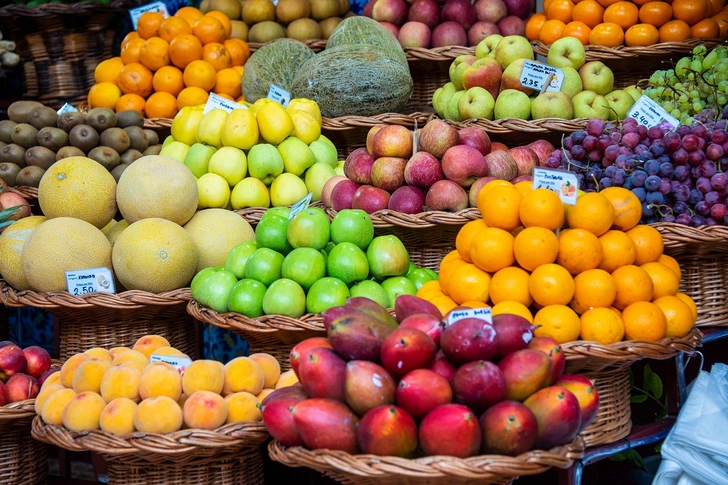
Get Friendly With Fruit
The natural sugar in fresh fruit is not a worry since it comes wrapped in nutrients. Seasonal fruits are great, but frozen and canned can be good as long as the package says that no sugar was added. Unsweetened dried fruits are handy, but watch quantities since the calories are very concentrated.
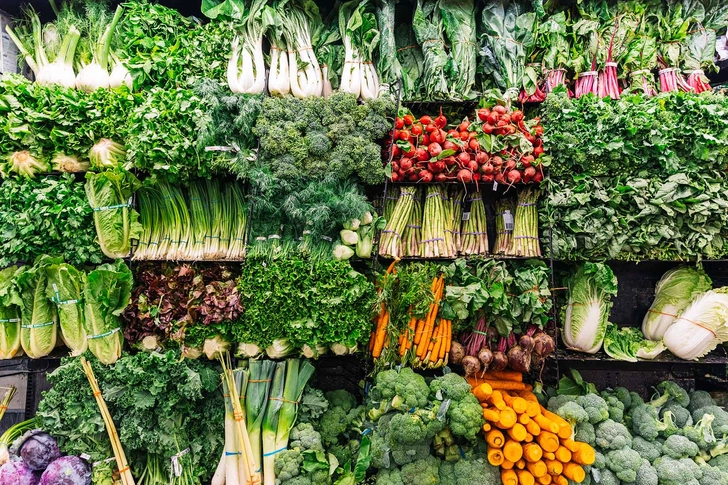
Make Veggies Vital
Almost all vegetables are good for you, from leafy greens to root veggies to cruciferous varieties. Flash-frozen options that are 100% vegetables – no sugar, salt, or sauces added – are great, too. Beware of the salt that’s usually in canned foods. Limit how often you eat fried vegetables like fries and onion rings. Steam, roast, or lightly sauté instead.
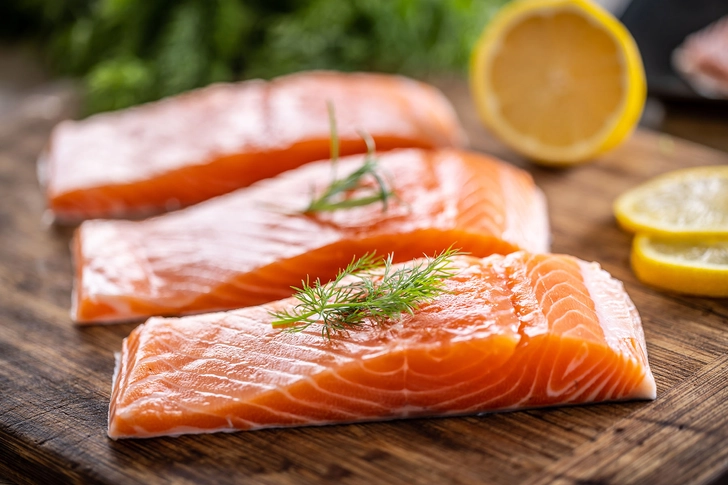
Pick the Best Proteins
Enjoy lean proteins, like skinless chicken, fish, and extra-lean red meat, but also try plant-based sources. Legumes – which include beans, lentils, and dried peas – are healthy and tasty. Tofu and other soy-based foods as well as nuts and seeds also deliver protein. For your heart and your overall health, avoid or limit fatty red meat, processed meats, and dishes with high-fat sauces.
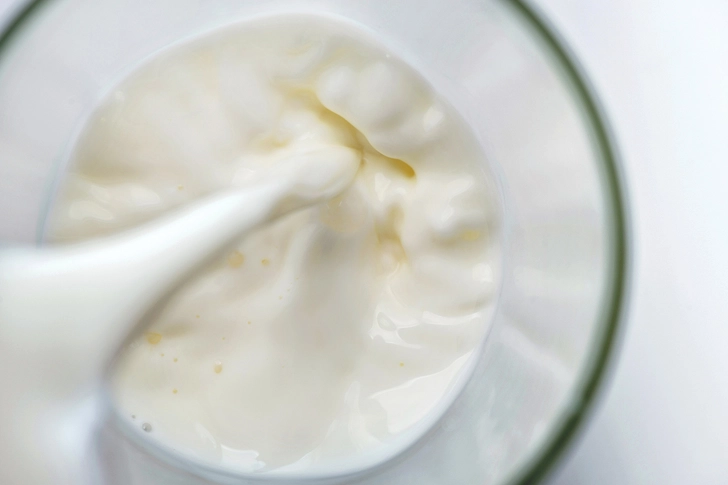
Dive Into (Low-Fat) Dairy
To limit saturated fat, which is bad for your heart, choose fat-free or low-fat (1% or 2% milkfat) dairy when buying milk, yogurt, and cottage cheese. Limit how often you eat full-fat cheeses, ice cream, whipped cream-based desserts, and baked goods made with a lot of butter.
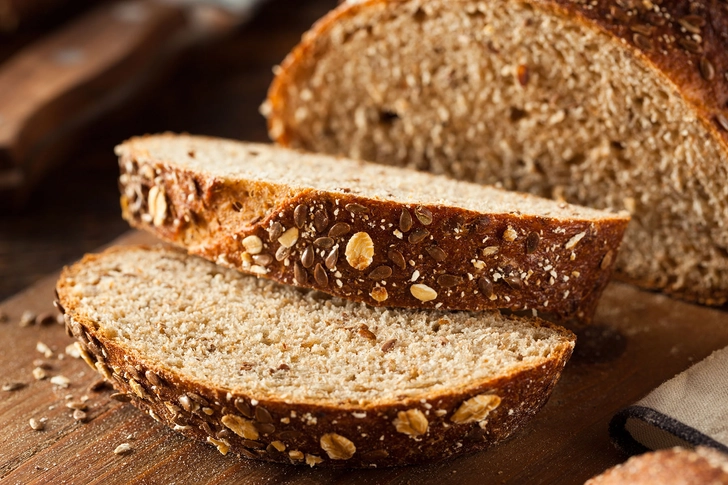
Go for Whole Grains
Whole grains keep all their fiber and nutrients, great for your heart and for cholesterol and blood pressure control. Shop for pasta, pitas, and breads made from whole wheat. Also try oats, quinoa, farro, bulgur, barley, and brown rice, all popular whole grains. Cut back on refined white flour-based pasta, bread, and other baked goods. When reading labels, know that wheat flour is not the same as whole-wheat flour.

Be Careful About Beverages
If you’re on a diuretic, ask your doctor how much fluid you should drink each day – it could be less than you’re used to. When it’s time to fill your glass, good options are water, sparkling water, low-salt vegetable juices, and no-sugar-added fruit juices (within limits). If dairy is an issue, try unsweetened alternatives like almond, oat, or soy milk.

Avoid Alcohol
Alcohol can damage your heart further. If you have heart failure, ask your doctor whether any amount is safe for you. If you’re on a blood thinner, alcohol can increase your risk of bleeding and of falling if you drink too much. Ask your doctor for help if you have a hard time cutting back.
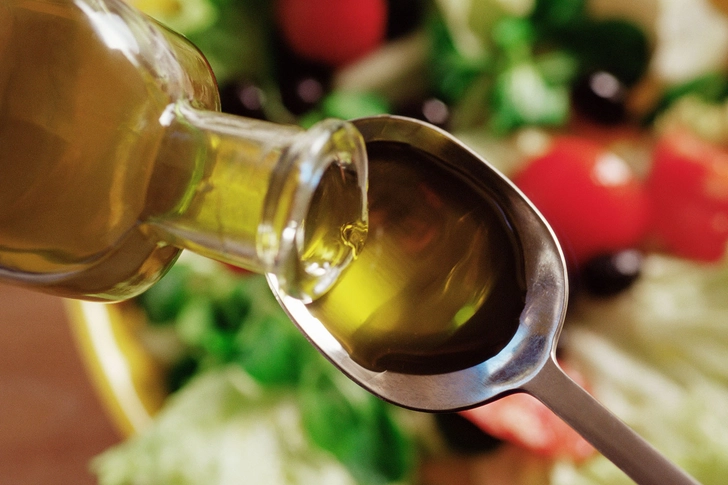
Lower Saturated Fat Intake
One of the best ways to protect your heart through diet is to limit saturated fat, the type found mostly in foods like butter, cream, fatty and processed meats, and packaged baked goods. Plant-based oils like extra-virgin olive oil are mostly unsaturated fat and can boost health. Keep in mind that tropical vegetable oils – coconut, palm, and palm kernel oils – are the exceptions because they’re high in saturated fat.
IMAGES PROVIDED BY:
1) iStock/Getty Images
2) Moment/Getty Images
3) E+/Getty Images
4) Moment/Getty Images
5) E+/Getty Images
6) Moment/Getty Images
7) Moment/Getty Images
8) Moment/Getty Images
9) antpkr/Thinkstock
10) iStock/Getty Images
11) E+/Getty Images
12) iStock/Getty Images
13) Image Source/Getty Images
SOURCES:
World Heart Federation: "Living With Transthyretin Amyloid Cardiomyopathy: A Toolkit for Patients."
American Heart Association: "Healthier Living with Heart Failure," "What to Look for at the Grocery Store."
Cleveland Clinic: "Living With ATTR-CM: Your Questions Answered," "What To Avoid When Taking a Blood Thinner."
Montefiore Einstein: "Heart Failure & Cardiomyopathies."
Preventive Cardiovascular Nurses Association: "Energy Balance: More Than Just Math."
Mayo Clinic: "Nutrition and Health."